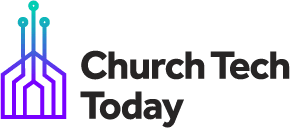As AI-powered tools such as ChatGPT become increasingly prevalent, churches and pastors must consider their potential risks and privacy concerns, particularly when it comes to their staff's usage. In this article, we will provide five disruptive insights that pastors may not have considered when developing AI policies for their churches, focusing on privacy concerns and strategic thinking.

Balancing AI-assisted pastoral care with privacy
AI-powered chatbots like ChatGPT can be a valuable asset for pastors when providing pastoral care. However, using these tools to assist in composing messages, counseling, or prayer requests can inadvertently disclose sensitive information about church members. Consequently, pastors should prioritize a careful balance between AI-assisted pastoral care and privacy.
One approach to achieve this balance is by developing a church-specific “AI code of ethics” that outlines guidelines for using AI tools while maintaining confidentiality. Pastors can consult with their staff and congregation to create this code, ensuring that everyone is aware of the potential risks and responsibilities involved in using AI for pastoral work.
Creating a designated point of contact for AI-related concerns and inquiries
To foster a culture of responsibility and accountability when using AI tools, pastors can establish a designated point of contact within the church staff for AI-related concerns and inquiries. This individual should be knowledgeable about the church's AI policies, the technology being used, and best practices for handling sensitive information.
This point of contact will serve as a resource for staff members who have questions about how to use AI tools responsibly, as well as a reporting channel for potential breaches or concerns. By providing a clear outlet for support and guidance, pastors can ensure that their staff has the necessary resources to navigate the complexities of AI technology.
Establishing an AI application committee for ongoing evaluation and training
To stay informed about the latest AI tools and their potential impact on church operations, pastors can create an AI application committee within the church leadership. This committee would be responsible for regularly reviewing use cases and software options, maintaining a list of approved AI tools for staff members to use, and organizing training sessions to help church leaders stay informed about best practices for using AI technology.
By involving church leaders in this process, pastors can foster a sense of ownership and trust in the church's AI initiatives. The committee can also identify areas where AI tools may be particularly beneficial or risky, ensuring that the church's AI policies remain up-to-date and relevant.
AI transparency within the congregation
As churches integrate AI technologies into their daily operations, it is crucial for pastors to maintain transparency with their congregation about the ways these tools are being used. This transparency helps build trust among church members and allows for open dialogue about potential concerns or questions that may arise.
To establish AI transparency, pastors can create a communication strategy that regularly updates the congregation about the church's AI initiatives, any successes or challenges they have encountered, and the steps being taken to ensure that privacy and ethical considerations are being addressed.
Encouraging collaboration and knowledge sharing between churches
The rapidly evolving nature of AI technology means that churches may face similar challenges and concerns as they integrate AI tools into their operations. By fostering collaboration and knowledge sharing between churches, pastors can benefit from the collective experience and insights of their peers.
Pastors can establish networks or participate in existing forums where church leaders can share their experiences, best practices, and lessons learned regarding AI usage. This collaboration can lead to the development of more robust policies and strategies, ultimately benefiting the entire faith community.
The best place to join a collaborative community with other pastors and staff is: www.AiForChurchLeaders.com

Final Thoughts On AI Policies For Churches
As AI continues to evolve and impact various aspects of life, it is crucial for pastors to address the potential risks and privacy concerns associated with AI usage in their churches. By considering these disruptive insights and implementing innovative solutions, pastors can develop well-informed AI policies that benefit their churches while minimizing privacy concerns.
The bottom line is that writing an AI policy and educating staff on its use should not be delayed. Time is of the essence, as AI usage has both liability issues and ethical & moral considerations. This is particularly true for ministries, since they are responsible for the well-being of their employees, clients, and other stakeholders. As such, exploring the opportunities that AI can bring to a ministry should be a top priority – no matter where one stands on its use. Doing so will ensure that everyone involved in the organization’s operations is well informed about potential risks and benefits associated with using AI technology.




